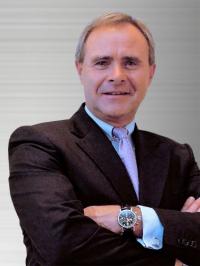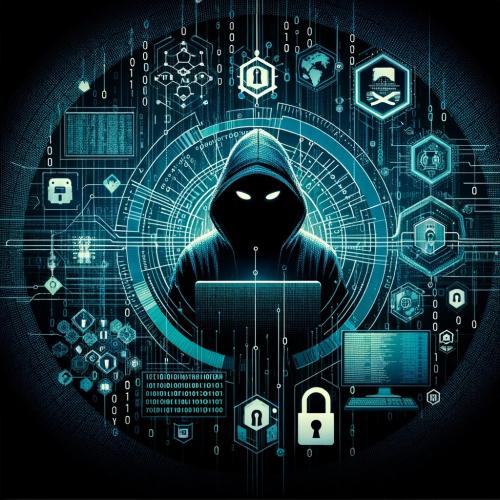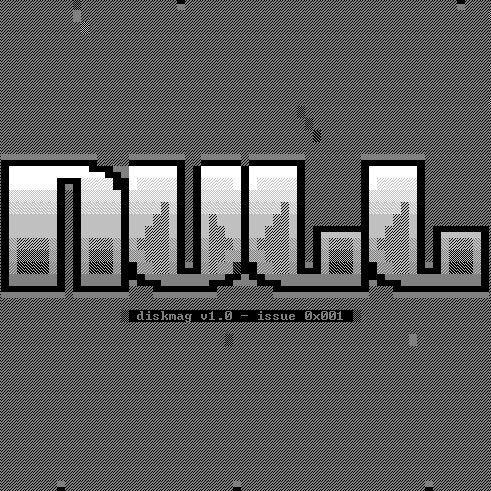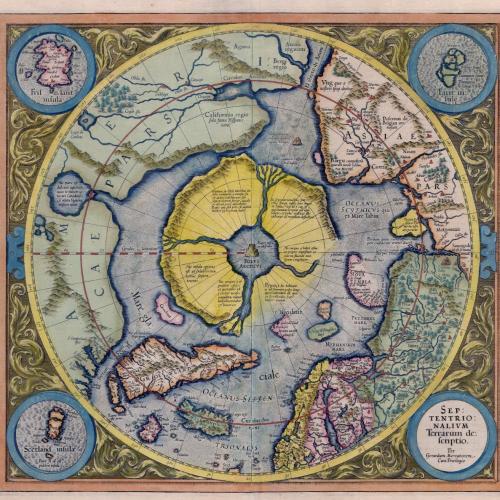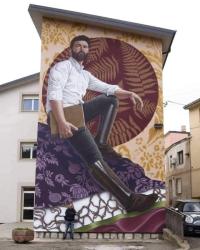The moral and social organization in the Machiguenga

The Machiguenga people are living in southeastern Peru, in the valley of the Urubamba River (Cusco Region), and Upper Madre de Dios River. They speak an arawak language and in total are 9000 people.
The first time I had contact with these indigenous people was in 2008, when one of them escorted me to the Pusharo petroglyphs, a masterful engraved rock which origin or meaning none of them can explain.
In their language, the word "Machiguenga" means "people".
Anyone who does not belong to the same ethnicity is considered as "other", whether he is indigenous (e.g. Mashco Piro, Nahua or Ashaninka), or Peruvian or foreigner.
According to the most reliable experts, starting with Father Vincent de Cenitagoya, the Machiguenga man does not conceives the concepts of territory, nation and country, as we, westerners know them.
It is true that they recognize that they belong to a group of people who speak the same language and have the same customs, but their concept of chief or leader for them is different from that of western people.
As they do not have a leader, they live grouped in large families, but nobody of them is a true and proper chief, but is a wise adviser in case of problems or disputes.
According to Father Andrés Ferrero, if a group of Piro of the Lower Urubamba would attack a group of Machiguenga, other Machiguenga group of the Camisea River would not react; no one would propose to take revenge the death of people of their own culture and ethnicity. Why?
It does seem that the mentality of these people is strongly individualistic. The concepts of homeland or nation are completely missing, and they do not conceive war, except in rare cases.
The Machiguenga are living in huts, normally two or three. They do not live in villages.
The immensity of the forest surrounding their settlements minimizes most of the disagreement and dispute among their members. Usually happens that the head of the family is going to live with their belongings on the banks of another river, away from the cause of quarrel.
In the Machiguenga society there is no president or documents necessary to recognize and categorize a person.
There are not even criminals, except in rare cases such as Huaneco, a violent individual who was described by Father Polentini. Not having prisons, these subjects are exiled, and left alone and unaided.
In the Machiguenga language there is a word for the boss: “itingami”, which condenses the concept of "the most important" (e.g.: the main river is: “otingamá”).
However, the boss is not really a leader, but he has the authority, he knows how to speak, he dominates the problem and solves it, and he is recognized only by his family, sometimes by his clan and not by the entire ethnicity.
In addition, those living in the family are free to disagree with the "boss" and, they are free to go and organize their lives elsewhere: the jungle is vast.
There is not the concept of homeland among the Machiguenga people.
Almost none of them fight for their land and in this they differ, for example, from the Matsés of the Yavarí River Basin, who, until 1985, fought with all means to defend their territory.
If the Machiguenga were disturbed, most likely they would move beyond.
In the language of the Machiguenga there is the concept of morality, good and bad things; it is called: “kametite”.
It is true that for them there is a right and wrong way to behave, but it does not seem to respond to a higher or divine law, which is the basis of our Western culture. The Machiguenga moral seems to be substantially secular. It is a social moral, not religious.
The most important of their unwritten rules is "do not kill".
In fact, homicide is considered the greatest crime, although it is well known that some Machiguenga can abandon a sick, an elderly person or a deformed children.
Even if it is not a direct murder, to abandon in the jungle a person who is suffering equals to kill him, but this act is not caused by an evil aim, but by the difficult conditions of living, in fact the sick person becomes an unbearable weight for a certain group of people.
With regard to gender equality, the Machiguenga man still considers women as inferior.
Regarding marriage, usually they are governed by a strictly exogamous standard, and the young man must marry a woman who has no relationship with his family. The new family resides where the woman lived.
Polygamy is common, though often is the source of dispute among women. Usually, man is the one who tries to pacify the disagreement.
Polyandry is also common, especially in the Pantiacolla area of the Manu National Park, for lack of women.
Is the existence of the Machiguenga endangering? What will be their future?
Apparently, with the creation of Manu National Park and the Megantoni National Sanctuary, huge areas where they can live freely, the Machiguenga should be safe and could preserve their culture indefinitely.
Threats are, however, close and frequent: in the Camisea River, their existence as a "distinct cultural entity”, is in danger, since they are already familiarized with the presence of the company that extracts gas from their territory (PlusPetrol).
In the area of the “lote 88” (a territory that overlaps the Nahua-Nanti reserve), are already operating companies like PlusPetrol with Hunt Oil and Repsol.
Hunt Oil also announced that will operate in the “lote 76”, located in the land of the Huachipaery indigenous people, adjacent to Manu National Park, where the Machiguenga people are living.
YURI LEVERATTO
Copyright 2014










